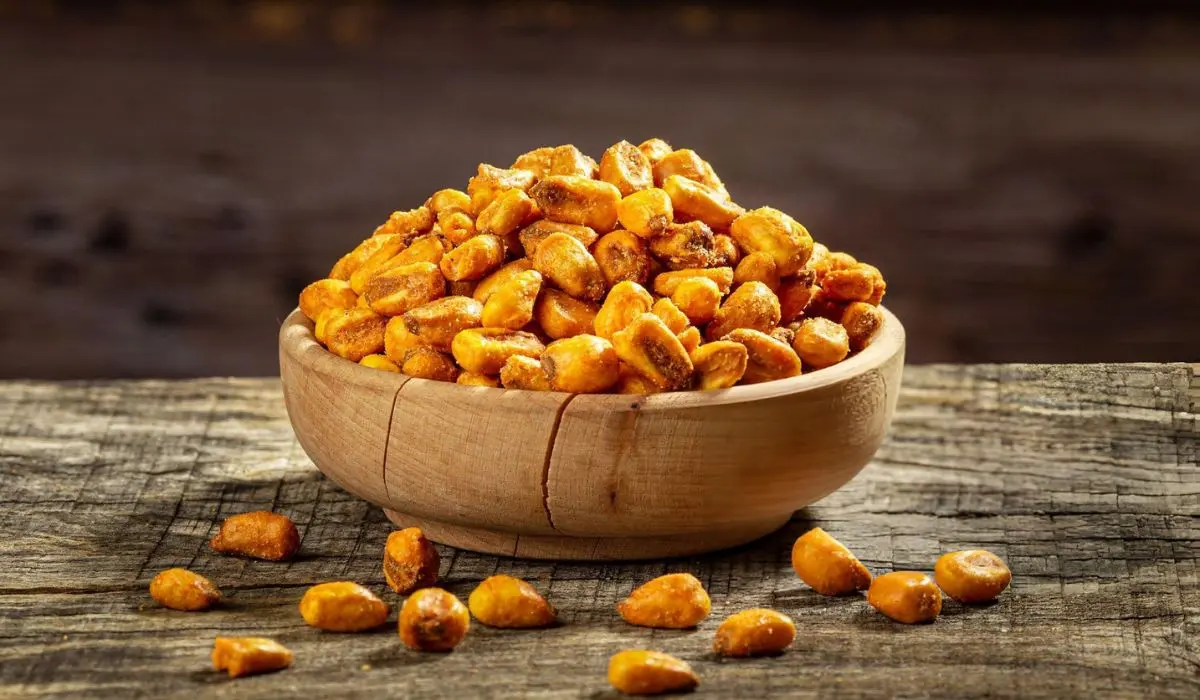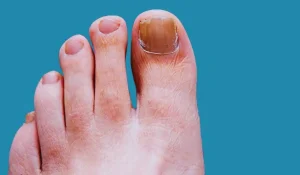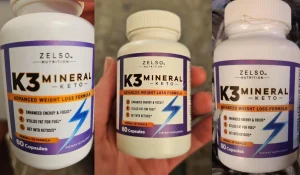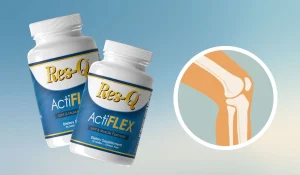Everybody likes to munch on some snacks every now and then and corn nuts have a separate fanbase.
One might remember it as the ultimate road trip snack with its satisfying crunch and savory flavor with a bit of underlying sweetness. But there is more to it. What are they made of? How is it prepared? What are their health benefits (if any)? Fear no more, now is when you learn it.
What Are Corn Nuts?
Corn nuts also called toasted corn are dried and fried corn kernels. The corn kernels are roasted and seasoned with salt and other flavors to enhance their taste. These golden-brown crispy buttons are nutty, salty, and truly hard to resist. But are they really corn or nut?
The Corn Or Nut Debate
Here we put an end to the age-old dilemma. Although nutty in texture and flavor, corn nuts are in fact corn and do not belong to the nuts family. Nuts, isn’t it? They are a slightly modern version of their ancestors, parched corn.
It was a nutritionally rich and lightweight native American snack prepared from dried corn kernels.
The Making Of Corn Nuts
Soak the whole corn kernels in water for 2-3 days to regain the moisture lost during the cleaning and harvesting period and regain their actual size. Now you have to drain and dry them to remove any excess moisture.
Once done, you can either roast or fry them until they become as crunchy as you want’em. It determines the final texture and flavor of your corn nuts. Once cooked, they are seasoned with salt, chili powder, or any other seasoning that gives them a unique savory flavor.
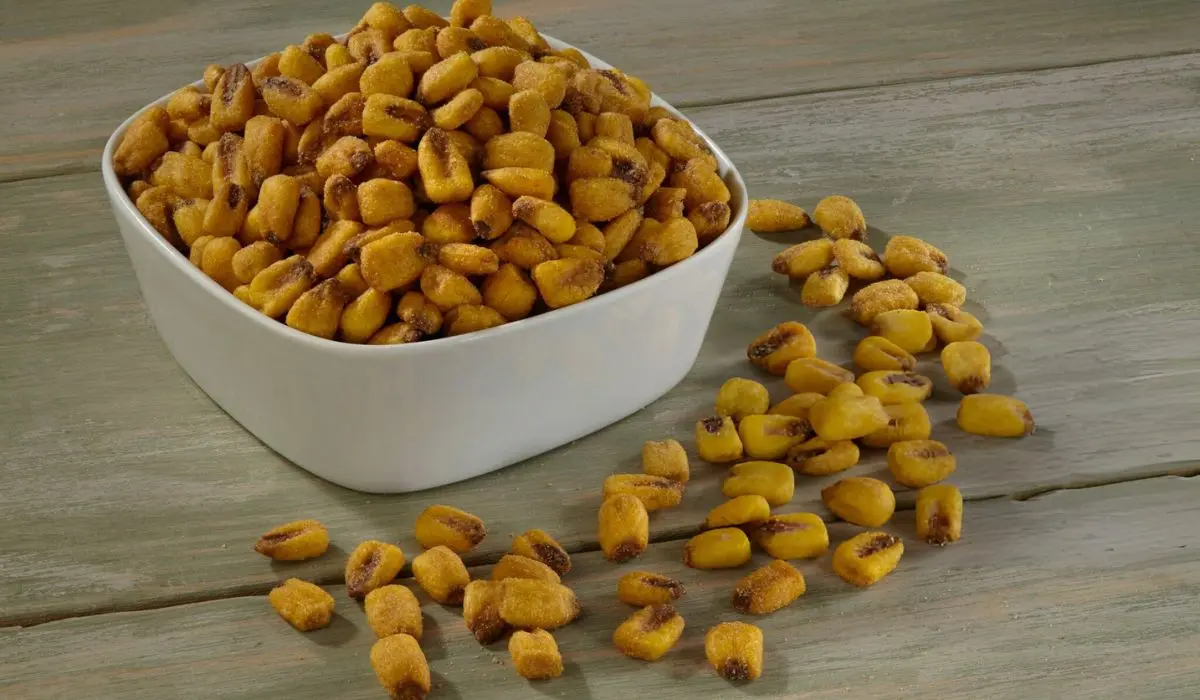
Health Benefits Of Corn Nuts
Corn nuts are not one of those healthy snacks that you can binge on. If not consumed in moderation, they can be high in calories, fats, and sodium, especially if seasoned heavily. But they are better than the rest and let’s see some of their potential health benefits.
1. Good Source Of Fiber
Corn nuts are a great source of dietary fiber, providing 3.93 grams of fiber in 57 grams of a single serving. Fibers help regulate digestive health, maintain blood sugar levels, and provide a feeling of fullness.
2. Protein Content
They contain small-to-moderate levels of protein which are important for building and repairing tissues.
3. Nutritional Value
even though it is a processed snack, it contains whole-grain corn kernels. Besides, corn nuts have a better nutrition profile than snacks made from other refined grains.
4. Vitamins And Minerals
They are a good source of vitamins and minerals including vitamins B2, B3, B6, magnesium, potassium, phosphorus, copper, iron, and zinc. Some of these nutrients might get lost in the cooking process, but they still do contribute to a decent nutrient intake.
5. Gluten-Free
Gluten-free food items are a thing now and corn nuts are naturally gluten-free making it a perfect snack for individuals with gluten intolerance or celiac disease.
Cons Of Corn Nuts
1. High In Calories
They are calorie-dense when deep-fried and seasoned heavily. Consuming corn nuts in large quantities may contribute to weight gain.
2. High In Fat Content
Depending on their mode of preparation, corn nuts can be high in unhealthy fats, especially saturated and trans fats. Indiscriminate snacking on them can raise cholesterol levels and lead to many cardiovascular diseases and other health issues.
3. High In Sodium
Seasoning corn nuts with salt and other sodium-containing flavors enhances its taste but is not very healthy when consumed in high quantities. Excessive consumption of sodium-rich food can raise blood pressure levels, and lead to fluid retention and many other diseases.
4. Dental Problems
Biting hard on the coarse surface of the corn nuts can lead to chipping or cracking of the teeth. It can cause pain and discomfort to those with sensitive teeth and lead to many dental problems.
5. Allergen Concerns
It can induce allergic reactions in those who are sensitive to corn or allergic to the ingredients used in seasoning such as gluten, dairy, or soy. Therefore, it is important to check the ingredient list on the cover and be aware of the potential allergens.
6. Overconsumption Risk
Mindless consumption in large quantities may lead to bloating, stomach upset, and feelings of discomfort.
Conclusion
Corn nuts may not be the healthiest snack to ever exist, but having said that, they are a better choice for snacking as compared to candies, chips, or pretzels. Moderation is the key and when consumed as part of a balanced diet, corn nuts can be quite good.
So the next time you are craving something salty and crunchy to munch on, grab a handful of corn nuts and you are good to go.

